Fleurs du Mal Magazine


Or see the index
Osip Mandelstam is one of the greatest of twentieth-century poets and Voronezh Notebooks, a sequence of poems composed between 1935 and 1937 when he was living in internal exile in the Soviet city of Voronezh, is his last and most exploratory work.
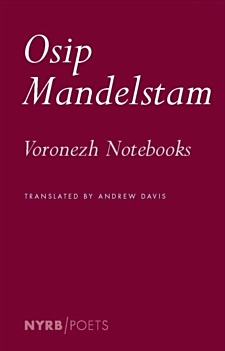 Meditating on death and survival, on power and poetry, on marriage, madness, friendship, and memory, challenging Stalin between lines that are full of the sights and sounds of the steppes, blue sky and black earth, the roads, winter breath, spring with its birds and flowers and bees, the notebooks are a continual improvisation and an unapologetic affirmation of poetry as life.
Meditating on death and survival, on power and poetry, on marriage, madness, friendship, and memory, challenging Stalin between lines that are full of the sights and sounds of the steppes, blue sky and black earth, the roads, winter breath, spring with its birds and flowers and bees, the notebooks are a continual improvisation and an unapologetic affirmation of poetry as life.
Russia’s greatest poet in this century. — Joseph Brodsky
Mandelstam was a tragic figure. Even while in exile in Voronej, he wrote works of untold beauty and power. And he had no poetic forerunners… In all of world poetry, I know of no other such case. We know the sources of Pushkin and Blok, but who will tell us from where that new, divine harmony, Mandelstam’s poetry, came from? — Anna Akhmatova
Voronezh Notebooks by Osip Mandelstam,
translated from the Russian and with an introduction by Andrew Davis
ISBN: 9781590179109
Pages: 128
Publication Date: January 5, 2016
Series: NYRB Poets
The New York Review of Books
Paperback
Books That Everyone Should Read
fleursdumal.nl magazine
More in: - Book Lovers, - Book Stories, Achmatova, Anna, Archive M-N, Brodsky, Joseph, Mandelstam, Osip, REPRESSION OF WRITERS, JOURNALISTS & ARTISTS, TRANSLATION ARCHIVE
A moving collection of autobiographical essays from a Russian poet and refugee of the Bolshevik Revolution.
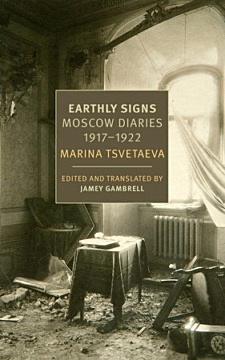 Marina Tsvetaeva ranks with Anna Akhmatova, Osip Mandelstam, and Boris Pasternak as one of Russia’s greatest twentieth-century poets. Her suicide at the age of forty-eight was the tragic culmination of a life buffeted by political upheaval.
Marina Tsvetaeva ranks with Anna Akhmatova, Osip Mandelstam, and Boris Pasternak as one of Russia’s greatest twentieth-century poets. Her suicide at the age of forty-eight was the tragic culmination of a life buffeted by political upheaval.
The essays collected in this volume are based on diaries she kept during the turbulent years of the Revolution and Civil War.
In them she records conversations of women in the markets, soldiers and peasants on the train traveling from the Crimea to Moscow in October 1917, fighting in the streets of Moscow, a frantic scramble with co-workers to dig frozen potatoes out of a cellar, and poetry readings organized by a newly minted Soviet bohemia.
Alone in Moscow with two small children, no income, and a missing husband, Tsvetaeva struggled to feed her daughters (one of whom died of malnutrition in an orphanage), find employment in the Soviet bureaucracy, and keep writing poetry. Her keen and ruthless eye observes with compassion and humor—bringing the social, economic, and cultural chaos of the period to life. These autobiographical writings not only give a vivid eyewitness account of Russian history but provide vital insights into the workings of Tsvetaeva’s unique poetics.
Includes black and white photographs.
Earthly Signs
Moscow Diaries, 1917-1922
By Marina Tsvetaeva
Translated by Jamey Gambrell
Poetry
Paperback
Dec 05, 2017
288 Pages
Paperback
$17.95
Published by NYRB Classics
ISBN 9781681371627
new books
fleursdumal.nl magazine
More in: - Book News, Achmatova, Anna, Archive S-T, Archive S-T, Art & Literature News, Mandelstam, Osip, Pasternak, Boris, REPRESSION OF WRITERS, JOURNALISTS & ARTISTS, Tsvetaeva, Marina
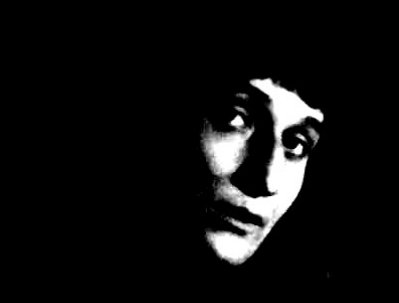
Russische vertaalprijs
voor Nederlandse Vertalingen
Het Internationale Vertaalcentrum voor Russische literatuur, een onderdeel van de Russische Academie van Wetenschappen te Sint Petersburg, is dit jaar in het buitenland op zoek gegaan naar de beste vertalingen van Russische literatuur. Voor het concours kwamen literaire vertalingen in alle talen in aanmerking, mits gepubliceerd in de afgelopen drie jaar (2007 t/m 2009).
De jury koos in maar liefst twee van de vier categorieën voor een Nederlandse winnaar.
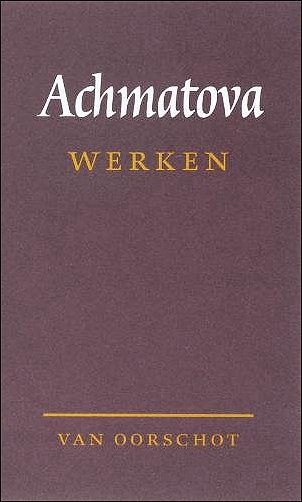
In de categorie ‘poëzie’ won het vertalersduo Margriet Berg en Marja Wiebes met hun vertaling Werken van Anna Achmatova (uitgeverij Van Oorschot). Deze tweetalige uitgave in de Russische Bibliotheek bevat een ruime selectie van meer dan driehonderd gedichten, die door de vertalers tevens van aantekeningen en een nawoord werden voorzien. Froukje Slofstra won in de categorie ‘debuutvertalingen proza’ met haar vertaling Leven & lot van Vasili Grossman (uitgeverij Balans). De vertaalster verzorgde tevens een uitgebreid nawoord bij Grossmans roman, die in 1961 door de KGB in beslag werd genomen, pas twintig jaar later kon worden gepubliceerd en inmiddels als een twintigste-eeuwse klassieker geldt.
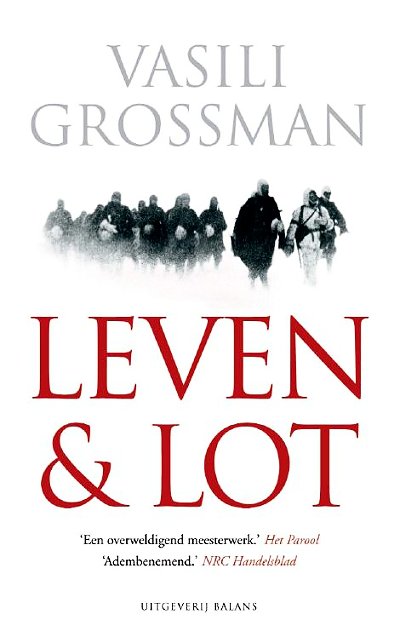
De totstandkoming van beide vertalingen werd door het Nederlands Letterenfonds ondersteund met werkbeurzen voor de vertalers.
De uitreiking van de prijzen vindt op 1 juli plaats in Sint Petersburg tijdens een plechtige ceremonie in het Instituut voor Russische Literatuur (Poesjkinhuis) in aanwezigheid van de leden van een internationale raad van experts. Alle winnaars worden beloond met geldprijzen.
Bron: Nederlands Letterenfonds
fleursdumal.nl magazine
More in: Achmatova, Anna, POETRY ARCHIVE
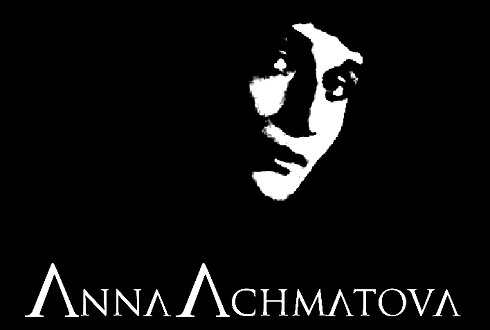
Anna Achmatova
(1889 – 1966)
Muza
Kogda ja noč’ju ždu ee prixoda,
Žizn’, kažetsja, visit na voloske.
Cto pocesti, cto junost’, cto svoboda
Pred miloj gost’ej s dudockoj v ruke.
I vot vošla. Otkinuv pokryvalo,
Vnimatel’no vzgljanula na menja.
Ej govorju: “Ty l’ Dantu diktovala
Stranicy Ada?” Otvecaet: “Ja”.
(1924)
Muse
When, at night, I waited for her, impatient,
Life seemed to me, as if hanging by a thread.
What just means liberty, or youth, or approbation,
When compared with the gentle piper’s tread?
And she came in, threw out the mantle’s edges,
She declined to me with a sincere heed.
I said to her, “Did you dictate the Pages
Of Hell to Dante?” She answered: “Yes, I did.”
(1924)
Anna Andrejevna Achmatova poetry
(Анна Андреевна Ахматова)
fleursdumal.nl magazine
More in: Achmatova, Anna, Archive A-B
.jpg)
Anna Achmatova
(1889 – 1966)
My breast grew helplessly cold
My breast grew helplessly cold,
But my steps were light.
I pulled the glove from my left hand
Mistakenly onto my right.
It seemed there were so many steps,
But I knew there were only three!
Amidst the maples an autumn whisper
Pleaded: “Die with me!
I’m led astray by evil
Fate, so black and so untrue.”
I answered: “I, too, dear one!
I, too, will die with you…”
This is a song of the final meeting.
I glanced at the house’s dark frame.
Only bedroom candles burning
With an indifferent yellow flame.
29 September 1911, Tsarskoe Selo
Так беспомощьно грудь холодела,
Но шаги мои были легки.
Я на правую руку надела
Перчатку с левой руки.
Показалось, что много ступеней,
А я знала – их только три!
Между кленов шепот осенний
Попросил: “Со мною умри!
Я обманут моей унылой,
Переменчивой, злой судьбой”.
Я ответила: “Милый, милый!
И я тоже. Умру с тобой…”
Эта песня последней встречи.
Я взглянула на темный дом.
Только в спальне горели свечи
Равнодушно-желтым огнем.
29 сентября 1911, Царское Село
Anna Andrejevna Achmatova poetry
(Анна Андреевна Ахматова)
fleursdumal.nl magazine
More in: Achmatova, Anna, Archive A-B
Thank you for reading Fleurs du Mal - magazine for art & literature